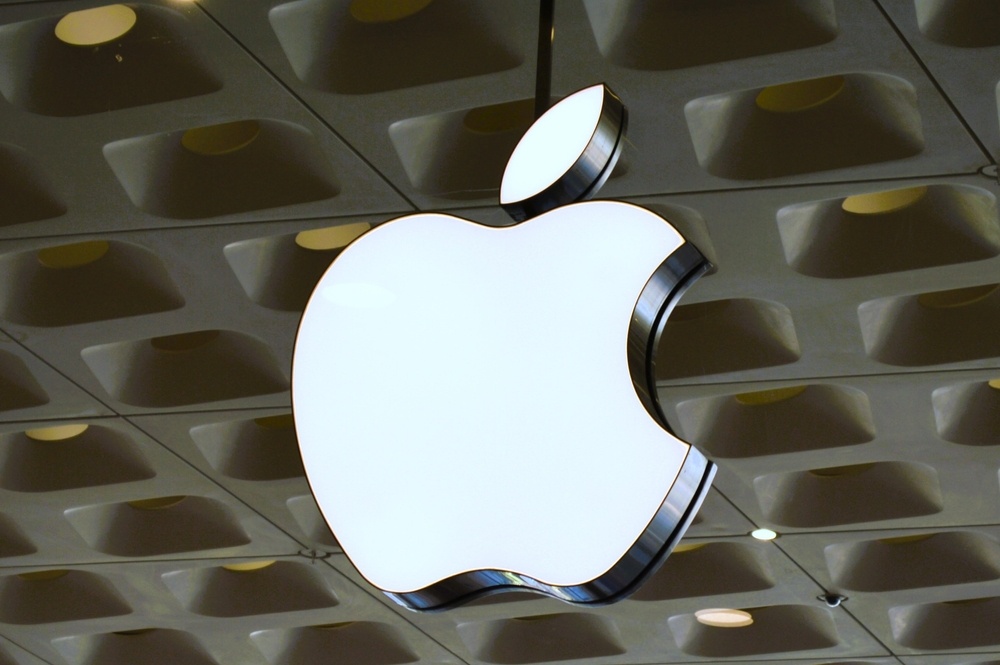EU Pressures Apple to Open iOS through Another Antitrust Investigation
The European Union recently launched two investigations into Apple, focusing on the interoperability of its iOS system with third-party developers.

The European Union recently launched two investigations into Apple, focusing on the interoperability of its iOS system with third-party developers.
The investigation is based on the DMA, which will take effect in 2023 and aims to prevent large technology companies from abusing their market position and ensure fair competition. If Apple fails to comply with the Digital Markets Act (DMA), it may face a fine of up to 10% of its annual turnover.
EU law enforcement agencies will focus on reviewing how Apple allows third-party developers to access the iOS system, especially for Apple's compatibility in the development of products such as smart watches and headphones. The European Commission requires Apple to respond to the findings within six months and rectify related violations.
EU antitrust chief Margrethe Vestager said this is the first time that Apple has been required to fulfill its interoperability obligations under the DMA. Interoperability plays a key role in smartphones and their operating systems, and Apple must allow competitors to have wider access to its protected systems, otherwise it will face penalties.
Currently, Apple only provides limited open access to certain iOS features (such as Siri and NFC). The focus is on whether Apple handles interoperability requests from third-party developers transparently, fairly and promptly. The EU hopes to break the closed nature of Apple's ecosystem and improve the compatibility of competitors with Apple devices.
Apple responded that it will work hard to protect the security built into the system, believing that excessive openness may pose a security risk to European consumers. However, the EU believes that opening up more features such as Apple Pay and Siri is essential for market competition and consumer choice. If Apple fails to respond satisfactorily within six months, the EU may launch a formal investigation and impose a huge fine.
DMA aims to combat the monopoly of technology giants, requiring them to open up key technologies and prohibiting the use of market dominance to exclude competitors. Although Apple has relaxed some policies, it has failed to meet the expectations of the EU.
In addition, the EU's move also reflects its attempt to balance the contradiction between market competition and user security. Although Apple emphasizes the advantages of its closed system in protecting user data and privacy, the EU hopes to break this closedness and bring more choices to the market. This will challenge Apple's long-standing ecosystem strategy and may force it to further adjust its product and service design in the future.
Disclaimer: The views in this article are from the original Creator and do not represent the views or position of Hawk Insight. The content of the article is for reference, communication and learning only, and does not constitute investment advice. If it involves copyright issues, please contact us for deletion.